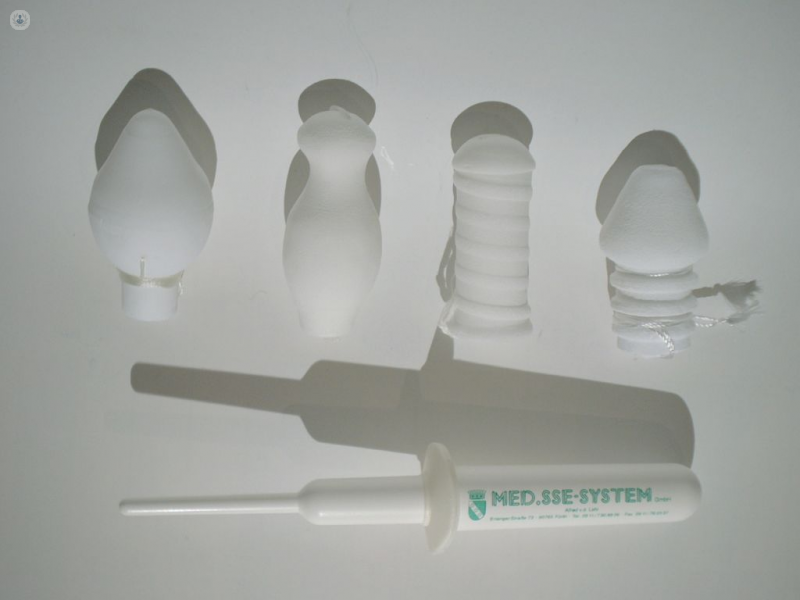



What is bowel incontinence?
Bowel incontinence describes a loss of control over bowel movements, leading to the patient unintentionally soiling themself. It is thought that as many as one in ten people will experience some degree of bowel incontinence in their lifetime, and is nothing to be ashamed of. It is usually symptomatic of another problem or underlying condition, and is not a normal part of ageing. It usually won’t just go away on its own, but it can be treated effectively, and often cured, so it is always best to consult your GP or a specialist.
What are the symptoms of bowel incontinence?
Bowel incontinence itself is usually a symptom, not a diagnosis. It may occur as a sudden need to go to the toilet, but the patient may not make it in time (urge bowel incontinence). However, other patients have no warning before they soil themselves, feeling no sensation as the stool passes (passive incontinence/passive soiling). Passing wind may also cause slight soiling.
What causes bowel incontinence?
Most cases of bowel incontinence are brought on by bouts of diarrhoea, or conversely, constipation. Another common cause is weakening of the anal sphincter (the ring of muscle that opens and closes the anus).
Long-term causes, such as diabetes, multiple sclerosis, spina bifida, and even dementia can also cause bowel incontinence.
How can it be prevented?
Maintaining a healthy diet and lifestyle can help to reduce the chances of getting diarrhoea or constipation, which are the leading causes of bowel incontinence. This can also stave off type 2 diabetes. However, there is no guarantee of preventing these problems, and there is nothing that can be done to prevent causes such as MS or dementia.
What is the treatment?
Luckily, bowel incontinence is highly treatable, enabling most patients to maintain normal bowel function for the rest of their lives. Different treatments include:
- Exercises to strengthen the bowel muscles and anal sphincter.
- Dietary and lifestyle changes – a healthier diet and lifestyle can prevent diarrhoea and constipation.
- Medication can also treat diarrhoea and constipation, depending on the cause.
- There are various surgical options.
- Incontinence products, e.g. anal plugs, incontinence pads, etc. can help to manage the symptoms until you regain some control
In many cases, incontinence can be cured, but even if not it is usually possible to improve bowel control to some degree, and significantly improve the symptoms.